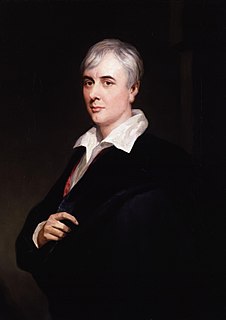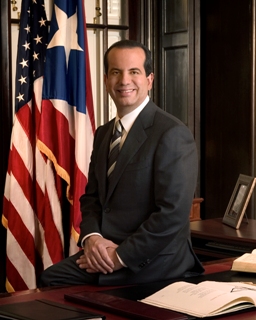A Quote by Catherynne M. Valente
It's Latin, which is an excellent language for mischief-making, which is why governments are so fond of it.
Related Quotes
Albanians love topiary and fancy doors. They speak Albanian, an Indo-European language with traces of Greek and Latin - and the lek is their monetary denomination, which trades at one hundred to one on the dollar. Their food is excellent, a melange of Greek, Turkish, and Italian cuisine, all very fresh and legume-y.
English grammar is so complex and confusing for the one very simple reason that its rules and terminology are based on Latin - a language with which it has precious little in common. In Latin, to take one example, it is not possible to split an infinitive. So in English, the early authorities decided, it should not be possible to split an infinitive either. But there is no reason why we shouldn't, any more than we should forsake instant coffee and air travel because they weren't available to the Romans.
Language changes. If it does not change, like Latin it dies. But we need to be aware that as our language changes, so does our theology change, particularly if we are trying to manipulate language for a specific purpose. That is what is happening with our attempts at inclusive language, which thus far have been inconclusive and unsuccessful.
It is worth the expense of youthful days and costly hours, if you learn only some words of an ancient language, which are raised out of the trivialness of the street, to be perpetual suggestions and provocations. It is not in vain that the farmer remembers and repeats the few Latin words which he has heard.
It is almost impossible to translate verbally and well at the same time; for the Latin (a most severe and compendious language) often expresses that in one word which either the barbarity or the narrowness of modern tongues cannot supply in more. ...But since every language is so full of its own proprieties that what is beautiful in one is often barbarous, nay, sometimes nonsense, in another, it would be unreasonable to limit a translator to the narrow compass of his author's words; it is enough if he choose out some expression which does not vitiate the sense.
I heartily accept the motto, "That government is best which governs least"; and I should like to see it acted up to more rapidly and systematically. Carried out, it finally amounts to this, which also I believe — "That government is best which governs not at all"; and when men are prepared for it, that will be the kind of government which they will have. Government is at best but an expedient; but most governments are usually, and all governments are sometimes, inexpedient.
Puerto Ricans are U.S. citizens, but by their own choice, Puerto Rico is not a state. The relationship has worked well for Puerto Rico - which has strengthened its culture, language and economy - and for the United States, which has helped create in Puerto Rico a showcase of democracy and prosperity for all of Latin America.
Malcolm Bradbury made the point, and I don't know whether it's a valid one or not, that the real English at the moment is not the English spoken in England or in America or even in Canada or Australia or New Zealand. The real English is the English which is a second language, so that it's rather like Latin in the days of the Roman Empire when people had their own languages, but had Latin in order to communicate.




































